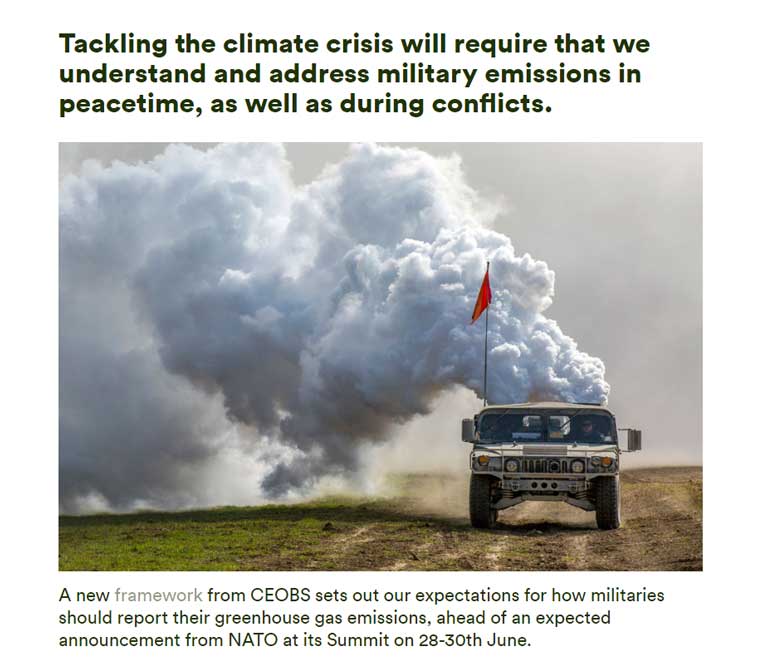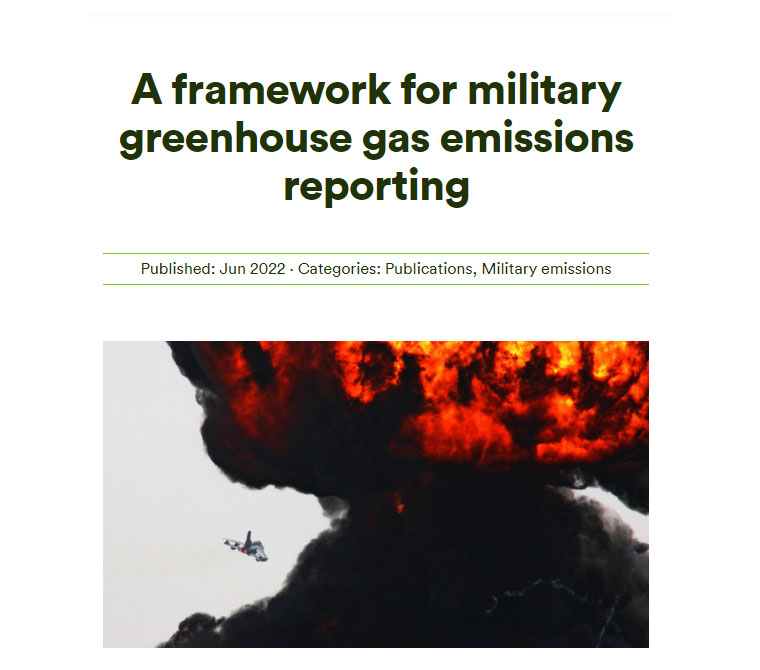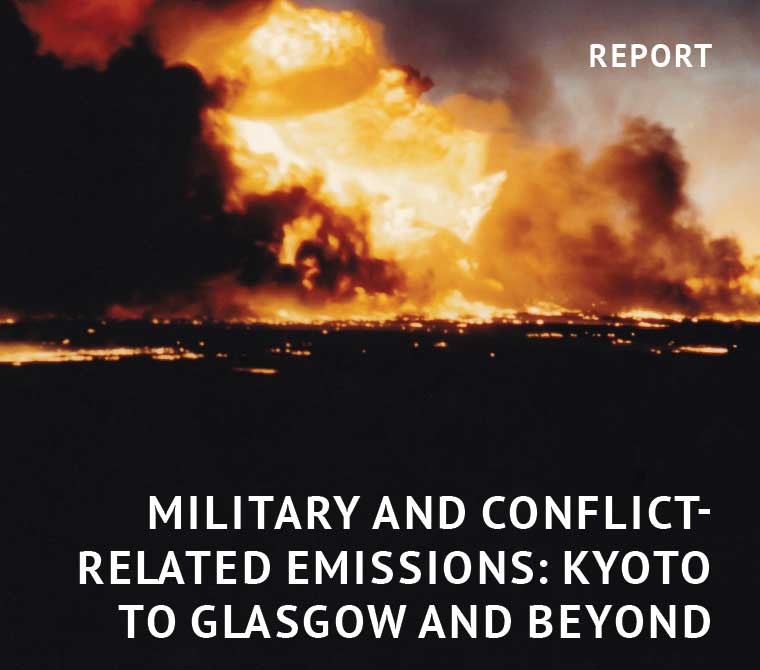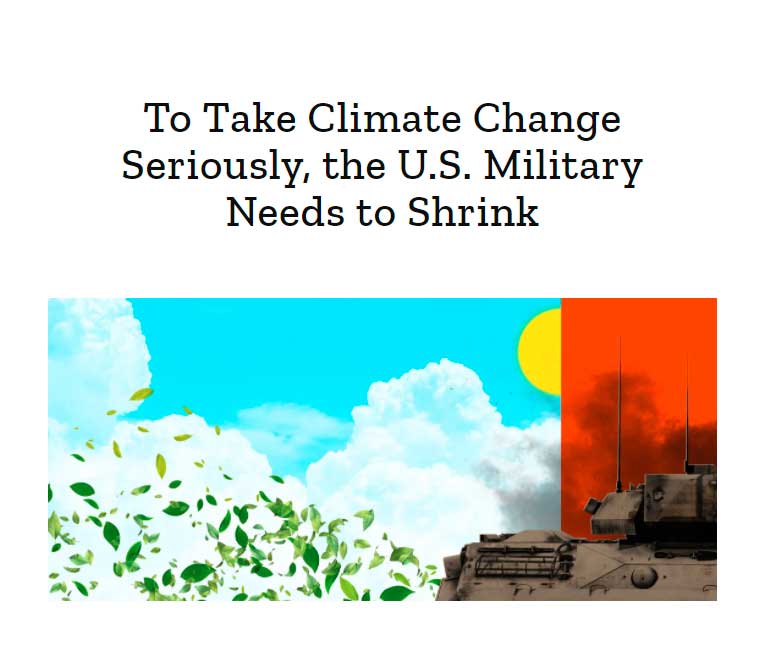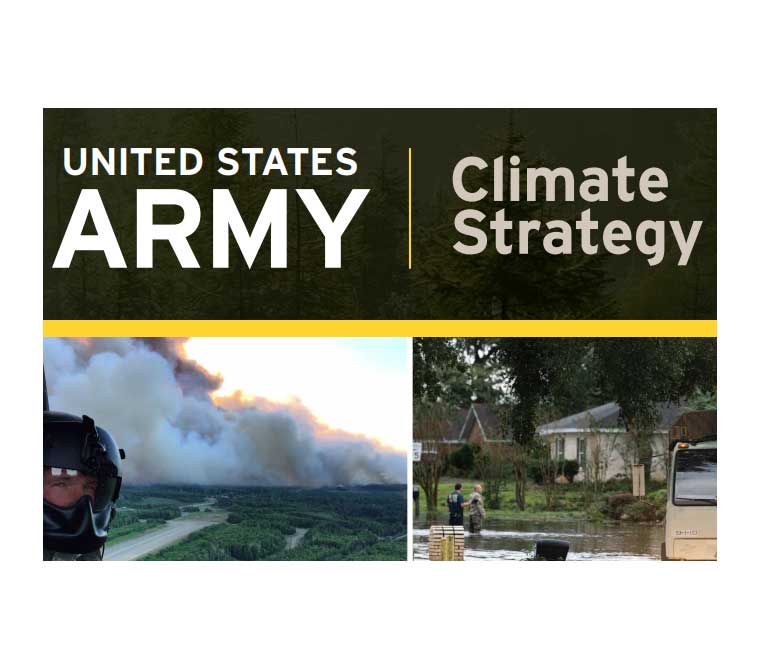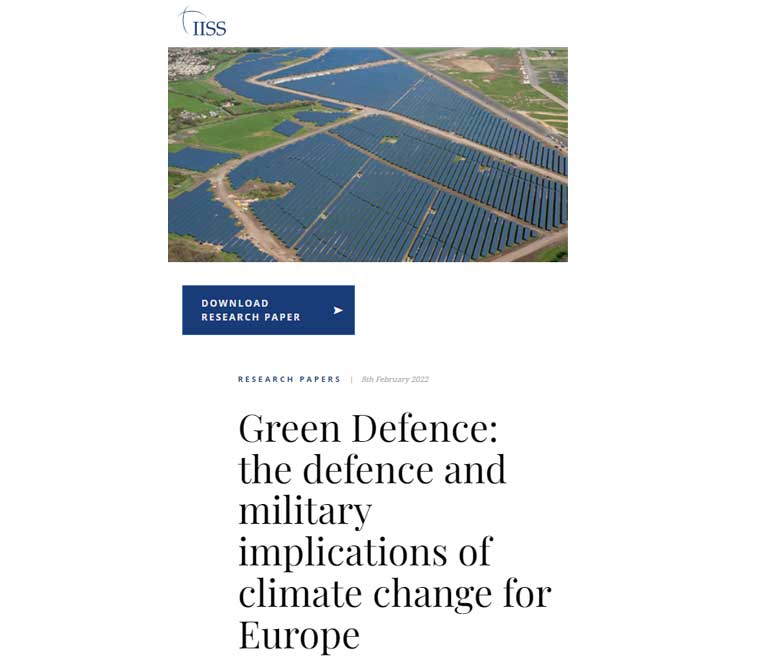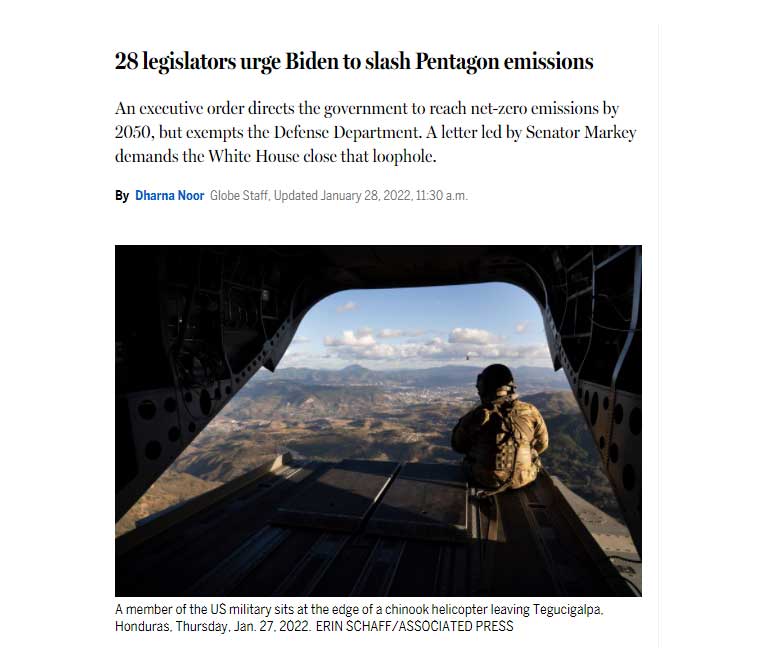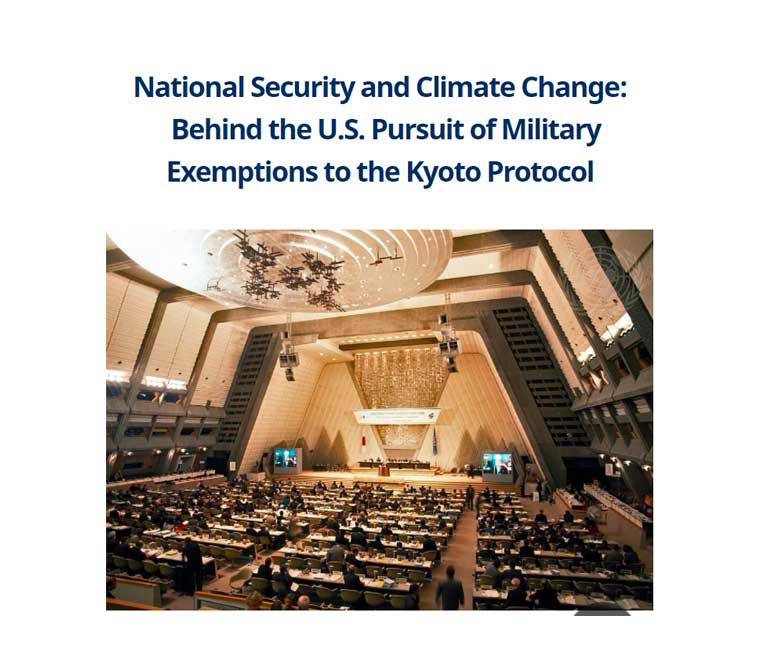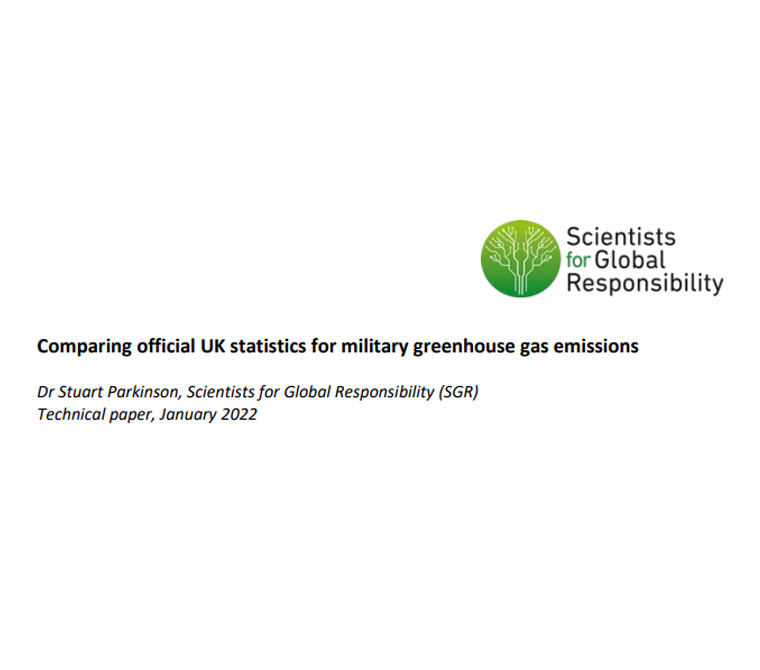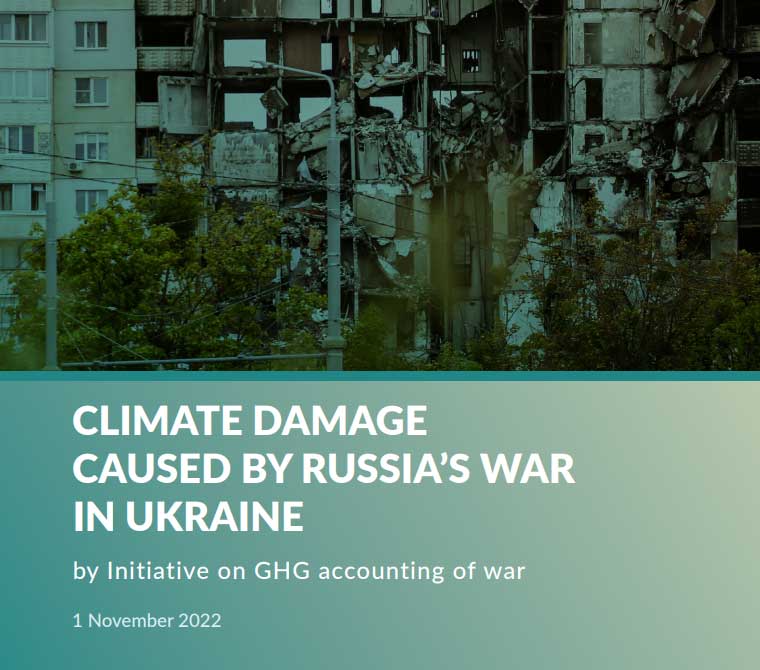
This interim assessment, which is focused on four activity areas directly affected by the war, concludes that greenhouse gas emissions for seven months of the full-scale war totals at least 100 million tCO2e. This is the equivalent of the total GHG emissions over the same period in a country like The Netherlands. As a number of impacts of this war…
Doug Weir01.11.22
